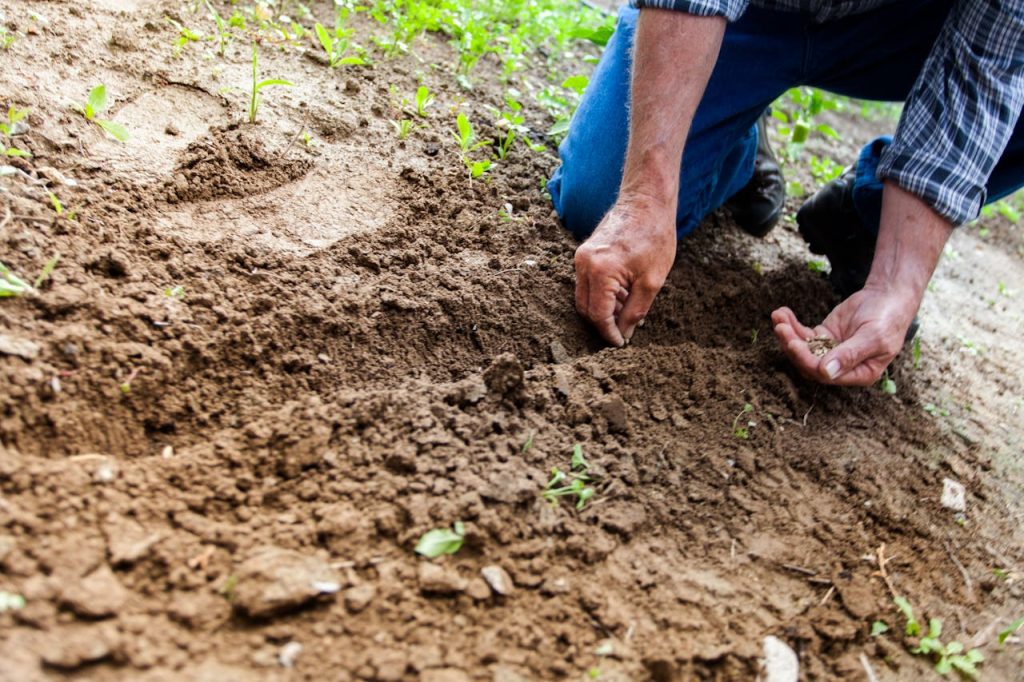
Gardening is a peaceful hobby for many people. You dig, plant, and prune. But what if the tool you use to tend your roses could get you in trouble with the law? It sounds strange, but in some states, a simple gardening tool might be seen as a weapon. This matters because you could face legal problems for carrying or using something you thought was harmless. Knowing the rules can help you avoid fines or even criminal charges. Here’s what you need to know about how your state might treat a gardening tool as a weapon.
1. What Makes a Gardening Tool a Weapon?
A gardening tool becomes a weapon when it’s used or intended to be used to hurt someone. The law often looks at intent and context. For example, a trowel is just a tool in your shed. But if you carry it in your car or use it in a fight, police might see it as a weapon. Some states have broad definitions for “dangerous weapon.” This can include anything that can cause harm, not just guns or knives. So, a gardening tool weapon is not just a theory—it’s a real legal risk in some places.
2. State Laws Vary—A Lot
Every state has its own regulations regarding what constitutes a weapon. In Texas, for example, almost any object can be a weapon if used to hurt someone. In California, the law is more specific, but still includes “blunt objects” and “sharp instruments.” This means a gardening tool weapon could be a real issue, depending on where you live. Some states even have lists of banned items, while others leave it up to police and courts to decide.
3. Carrying Tools in Public Can Raise Questions
If you walk down the street with a shovel or pruning shears, most people won’t care. But if police stop you, they might ask why you have it. If you can’t explain, or if you’re in a place where tools aren’t expected, you could be in trouble. Some states have laws against carrying “concealed weapons,” and a gardening tool weapon could fit that definition if hidden in a bag or under a coat. Always have a good reason for carrying tools in public, and keep them in plain sight if possible.
4. Self-Defense and the “Improvised Weapon” Rule
Many people think they can use anything for self-defense. That’s partly true, but the law is tricky. If you use a gardening tool as a weapon to protect yourself, you must show that it was reasonable and necessary. If you go too far, you could face charges for assault or worse. Courts look at what a “reasonable person” would do. If you use a trowel to stop an attacker, that might be fine. But if you chase someone with a rake, you could be seen as the aggressor.
5. Schools and Public Buildings Have Stricter Rules
Bringing a gardening tool weapon to a school or government building is almost always a bad idea. Many places ban all sharp or heavy objects, even if you have a good reason. If you’re a landscaper or volunteer, check with the building first. Some states have “zero tolerance” policies. This means you could be charged even if you didn’t mean any harm. It’s better to be safe and leave your tools at home unless you have clear permission.
6. Insurance and Liability Issues
If you hurt someone with a gardening tool or weapon, even by accident, you could be sued. Homeowner’s insurance might not cover you if the tool is seen as a weapon. This can lead to big bills for legal fees or damages. Some policies have exclusions for “intentional acts” or “weapons.” Read your policy and ask your agent if you’re not sure. It’s better to know before something happens.
7. What to Do If You’re Questioned by Police
If police stop you with a gardening tool weapon, stay calm. Explain why you have it and where you’re going. Don’t argue or make jokes about weapons. If you’re arrested or charged, ask for a lawyer right away. Don’t try to explain your way out without legal help. The way you handle the situation can significantly impact the outcome.
8. How to Stay Safe and Legal
The best way to avoid trouble is to use common sense. Only carry gardening tools when you need them. Keep them in your trunk or tool bag, not on your person. Don’t use them for anything but gardening. If you’re unsure about your state’s laws, ask a lawyer or check official websites. A little caution can save you a lot of headaches.
Your Garden Tool: Friend or Foe?
A gardening tool weapon might sound odd, but it’s a real legal issue in many states. The law cares about how and why you use the tool, not just what it is. If you use your trowel for planting, you’re fine. If you use it in a fight, you could face charges. Knowing your state’s rules and using common sense can keep you safe and out of trouble. Always treat your tools with respect, and remember that the law might see them differently than you do.
Have you ever had a run-in with the law over a gardening tool? Share your story or thoughts in the comments below.
Read More
15 Tiny Garden Transformations That Will Have Your Neighbors Jealous
6 Home Design Choices That Instantly Lower Your Resale Value
The post Could This Common Gardening Tool Be Considered a Weapon in Your State? appeared first on The Free Financial Advisor.







